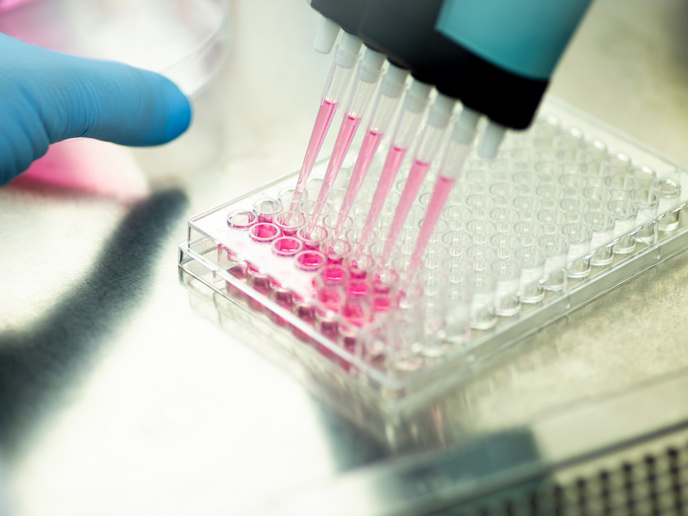Proper regulation vital to good sex cell production
Meiosis is a specialised cell cycle that halves the number of chromosomes to allow sexual reproduction. The process involving the movement of chromosomes to opposite poles of the cell during cellular reproduction (meiotic chromosome segregation) is a complex one. It also points to the importance of regulatory mechanisms that ensure the proper functioning of proteins involved in the production of sex cells (meiosis). The 'Identification of novel protein kinases required for meiosis' (NPKM) project wanted to study which protein kinases vital to mitotic growth are necessary for chromosome segregation during meiosis. To overcome obstacles related to use of temperature-sensitive alleles (an alternative form of a gene located at a specific position on a specific chromosome), researchers employed a chemical genetic strategy. This enabled them to use small-molecule inhibitors to restrain the activity of essential protein kinases and study their regulatory functions during meiosis. NPKM managed to identify eight essential protein kinases in Schizosaccharomyces pombe (fission yeast). The results are impressive as well as beneficial. The conditional analogue-sensitive protein kinase mutants created for the study are freely available to other researchers. This will help address important matters in different areas of cell biology and gives other scientists the opportunity to reveal hitherto hidden molecular mechanisms of the protein kinases. Additionally, a fuller understanding of how proteins involved in meiosis are regulated may reveal how tightly these processes are regulated. This promises new ways of studying and developing therapeutic interventions in cases of 'defective' chromosome segregation during meiosis.







